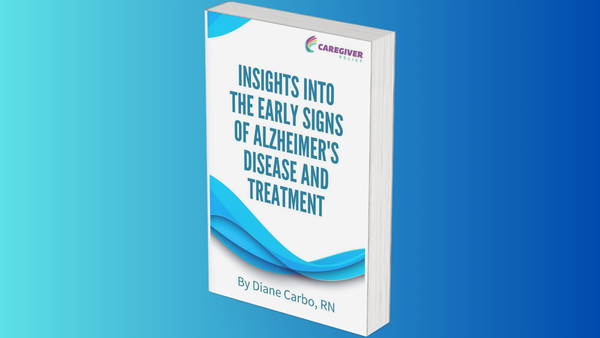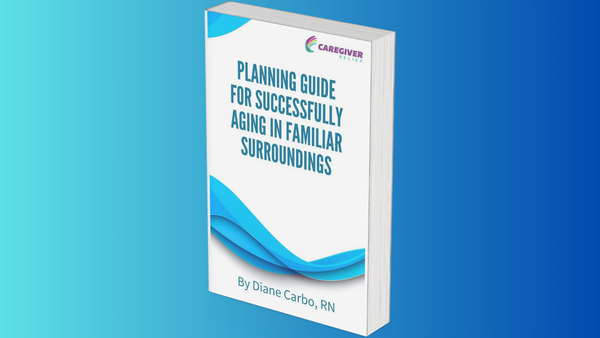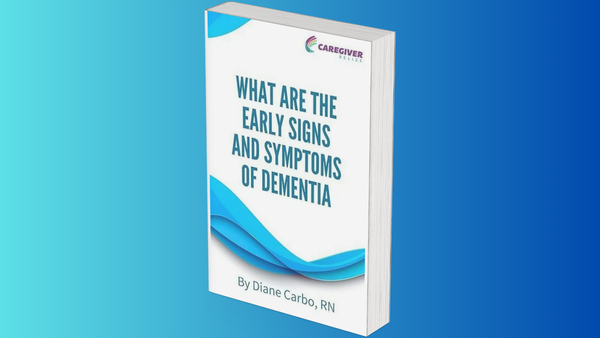How To Avoid Living In a Nursing Home
Learn how to keep your loved ones at home and avoid this worst-case scenario with our helpful tips and information on nursing homes and recovery options.

The prospect of living in a nursing home is a common concern as we age. Statistically, about 1 in 4 individuals over the age of 65 spend some time in a nursing home. However, with proper planning and proactive measures, it is possible to avoid this outcome. Let's explore strategies for achieving this goal.
Understanding Nursing Homes
Nursing homes, also known as skilled nursing facilities, convalescent hospitals, rehab centers, or rehabilitation hospitals, often evoke negative associations. While they can provide necessary care for those with chronic health conditions or who have run out of financial resources, they are not the only option for older adults.
Transitioning from Hospital to Home
Many seniors find themselves in nursing homes temporarily, following a hospital stay, to recover from injuries or illnesses. Due to Medicare reimbursement schedules, hospitals now release patients earlier than before. However, a significant percentage of nursing home residents end up there permanently due to a lack of better alternatives. This scenario can often be avoided with proper planning.
Alternatives to Nursing Homes
- Board & Care or Assisted Living: To avoid a nursing home, consider transitioning to a board & care or assisted living facility before your health deteriorates significantly. Making this move early can prevent being left with limited options when your health declines. Assisted living communities often offer a range of services that cater to different levels of care needs, allowing residents to age in place.
- Aging-in-Place: Assisted living communities typically permit residents to stay even as their care needs increase. This feature, known as "aging-in-place," can provide the support needed while avoiding the institutional environment of a nursing home. However, it's important to be aware of the specific rules and services offered by the community before making a decision.
- Financial Considerations: Assisted living and board & care homes can sometimes be paid for by Medicaid in certain states. It's crucial to understand your financial options and plan accordingly to ensure you have access to the care you need without resorting to a nursing home.
The Importance of Social Interaction and Support
Remaining at home may seem like an expression of independence, but it's essential to acknowledge the potential downsides. Many older adults who live alone may experience social isolation, inadequate nutrition, and difficulty with home maintenance. Moving to an assisted living community can provide a supportive environment, where residents can make new friends, receive proper care, and maintain their well-being more effectively.
Adapting to Changing Needs
The key to avoiding a nursing home lies in acknowledging that care needs evolve over time. Assisted living communities offer various services that cater to changing requirements, such as medication management, assistance with daily activities, transportation, and more. By compromising on complete independence in favor of a supportive living environment, you can secure a better quality of life during your later years.
Veterans Affairs (VA) Benefits and Financial Support
For veterans, VA benefits can offer financial assistance for assisted living costs. Exploring these options can provide additional resources to help you afford a more comfortable and suitable living arrangement as you age.
In conclusion, avoiding the prospect of living in a nursing home involves planning ahead, making proactive decisions, and being open to compromise. By considering assisted living or board & care communities that support aging in place, you can ensure a higher quality of life while minimizing the likelihood of spending your final years in a nursing home. Remember to explore financial options, seek VA benefits if applicable, and prioritize social interaction and proper care for a fulfilling aging experience.
VA Benefits and How to Pay For Assisted Living
Here is a checklist on what to look for when considering a memory care unit?
You might also like this article:






